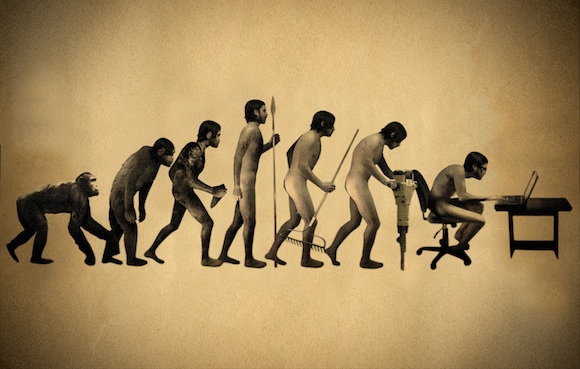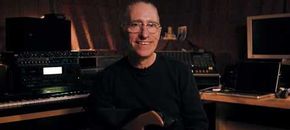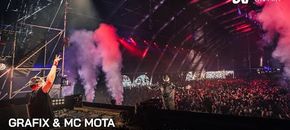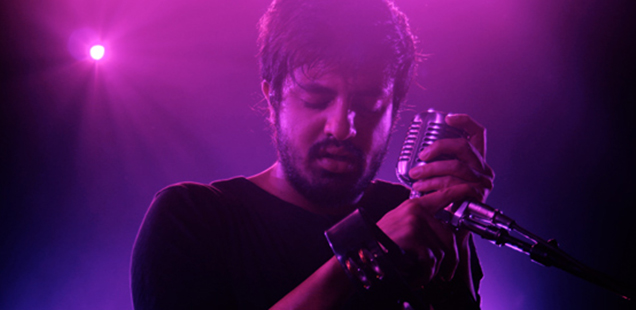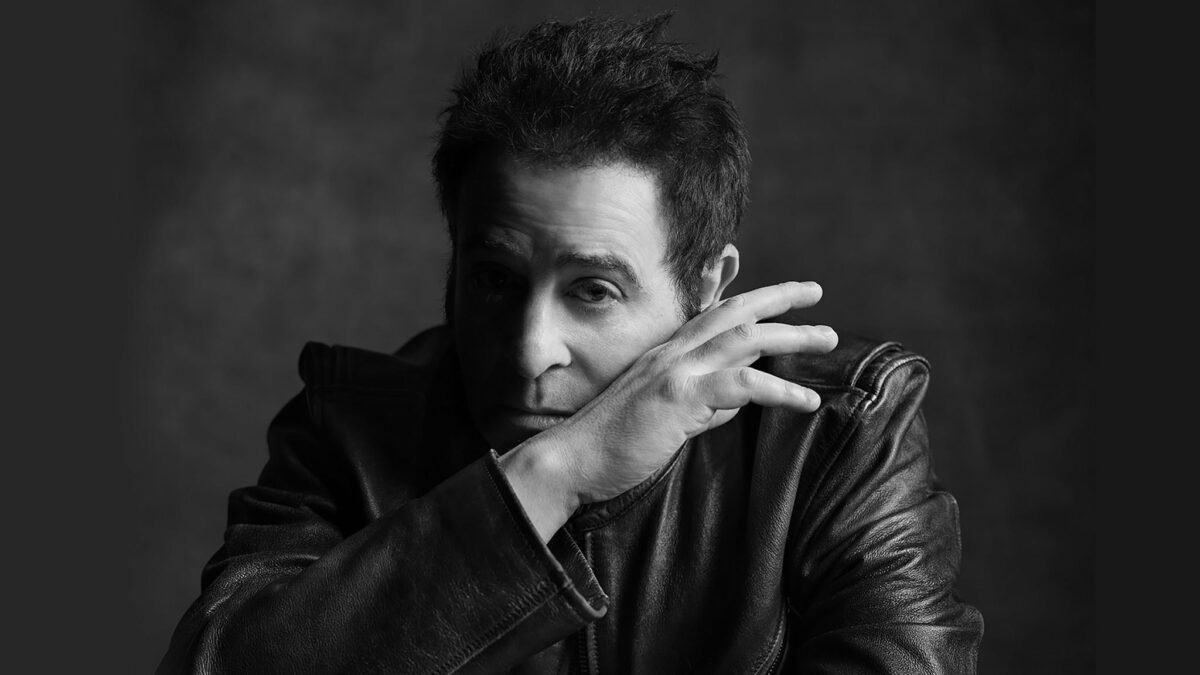Movie Review: Connected
Documentary filmmaker Tiffany Shlain (Life, Liberty and the Pursuit of Happiness) originally set out to examine both the benefits (virtual) and costs (personal) of the always on, always connected world.
However, her father’s terminal illness and the impending birth of her second child (after multiple miscarriages) diverted her from the original goal of her documentary, Connected: An Autoblogography About Love, Death & Technology, she decided to integrate the former with the latter (and vice versa). The result, a mix of personal, confessional filmmaking with traditional documentary filmmaking, lacks the depth and breadth she initially isolates as a negative consequence of our always on, always (Internet) connected modern world.
To hear Shlain tell it (she appears onscreen multiple times), she had a blueprint for a general subject matter documentary, in large part inspired by her father Leonard Shlain’s bestselling non-fiction books, Art & Physics, The Alphabet Versus the Goddess: The Conflict Between Word and Image, Sex, Time, and Power: How Women’s Sexuality Shaped Human Evolution (his last book, Leonardo’s Brain, has yet to be published). The elder Shlain, a respected surgeon with an intensely curious mind, explored the two sides, right (analytical) and left (creative) of the human brain, tracing the former to millennia of technological progress, accelerated during and after the Age of Enlightenment by the discovery and implementation of the scientific method through both positive (medicine) and negative (war) consequences.
Shlain went as far as hiring a familiar voice, actor Peter Coyote, to narrate Connected, and along with her collaborators, husband Ken Goldberg, Carlton Evans, and Sawyer Steele (all four share writing credit). mined archival footage (e.g., industrial films, TV commercials, lesser known B/W films, nightly news footage, etc.) and created, where needed, animated sequences to explain technological development across in sound-bite ready morsels of information. Unfortunately, little of what Shlain covers in Connected can be described as innovative, insightful, or thought-provoking, especially for Shlain’s target audience (i.e., generally well-read, educated urbanites), but Shlain deserves credit for, if nothing else, making the voiceover heavy sequences witty, lively, and engaging (just not particularly enlightening).
Connected, however, abandons the traditional documentary format for the personal one, with moderate success, when Shlain learns about her father’s terminal illness, brain cancer (he’s given just nine months, but eventually lives two additional years) and that’s pregnant. Her history of miscarriages makes her latest pregnancy a high-risk, leaving Shlain with the real prospect of facing two heart-wrenching losses at the same time. She documents her father’s recovery from brain surgery and the impending (hopeful) birth of her second daughter with a mixture of trepidation, fear, and anxiety. Her desire to record her father, however, occasionally borders on the obtrusive, even voyeuristic, if not for her and her immediate family, then for the strangers in the audience.
Despite Shlain’s personal investment and, presumably, best efforts, the insights she tries to find between the “we are connected/everything’s connected” theme and her personal life often feel forced and contrived. And when they don’t feel forced or contrived, they feel vague, ill defined, and, at times, banal (because they are). Ultimately, Connected: An Autoblogography About Love, Death & Technology simultaneously offers (and delivers) too little and too much.
Rating 2.5 out of 5.
